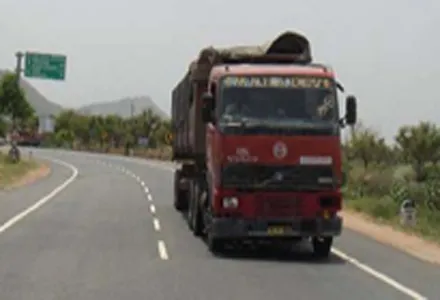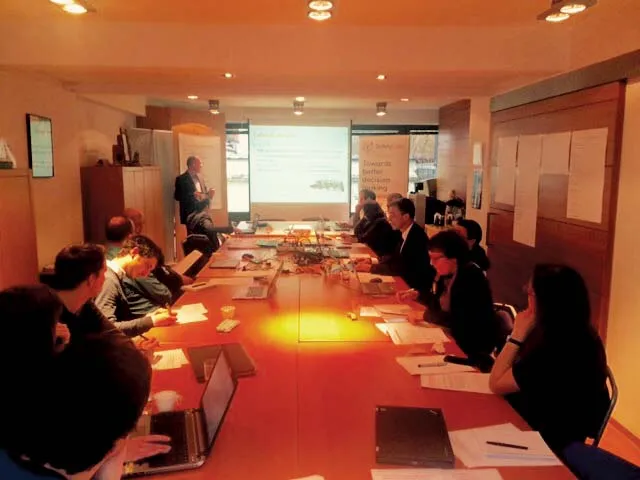China Hosts Major International Convention on Rural Roads. Given the crucial importance of rural roads in the global development context, IRF is according the issue priority focus this year by co-hosting its 2nd International Convention on Rural Roads. This will be convened in Jinan City, Shandong, China, from 26-29 October 2010, in association with the global Transport Knowledge Partnership (gTKP) and the China Highway and Transportation Society (CHTS). Following the landmark success of the inaugural IRF g
February 8, 2012
Read time: 4 mins

China Hosts Major International Convention on Rural Roads
Given the crucial importance of rural roads in the global development context,Following the landmark success of the inaugural IRF gathering on this theme, held in Tanzania last November, this 2nd International Convention aims to help communities, governments, NGOs, development agencies and sector practitioners acquire direct, practical insights into the very latest research and cutting-edge experience from across the world with regard the planning, management, construction and maintenance of rural roads; as well as their socio-economic and environmental impacts and safety.
The programme will address the challenges of rural roads across the board, and closely explore a new approach based on the principle of Universal Basic Access. It will also feature a high-level panel discussion on the funding of rural roads.
The vital importance of these issues is reflected in the official support and endorsement for the Convention extended by the Ministry of Transport of the People's Republic of China and the
Indeed, it is being increasingly acknowledged in development circles that without effective rural transport systems, the achievement of the U.N. Millennium Development Goals and, indeed, all rural development and poverty reduction initiatives will forever be severely compromised; and agriculture and growth restrained.
Personal mobility and access to adequate transport has a direct impact on access to essential goods and services such as education, healthcare and employment. Many of the poorest communities are also those with the fewest mobility options. This makes it even more difficult for them to access support and opportunities; and makes it more difficult for governmental and non-governmental organisations to achieve key objectives such as reducing global poverty, combating epidemic diseases, reducing child mortality rates and introducing universal primary education.
These issues will be decisively addressed through an authoritative programme, covering a comprehensive range of interdependent themes and stakeholder concerns. At field level, this will be complemented by additional high-level panel discussions on rural road specifications and safer roads, technical visits and a whole host of unique knowledge exchange and networking opportunities.
In this respect, China provides a particularly rich reservoir of experience and inspiration. As highlighted by the Chairman of the Convention, Li Juchang, the Chinese government has, in recent years, placed "considerable emphasis on establishing a harmonious and developing community at the forefront of the modern world. Large-scale rural road construction programmes, have opened new opportunities for economic and social development; notably in rural areas where they make a decisive contribution towards the alleviation of poverty, as well as generally promote growth and improved standards of living among agricultural communities.
Some hundred thousand kilometres of new rural roads are currently being completed every year, and the pace, speed and quality of construction are expected to be maintained on a long-term basis. Participants at the Convention will review at first hand the advances and achievements of Chinese rural road construction, and assess for themselves the tremendous impact it has had on rural development."
To further emphasise the integrated, interdependent approach adopted by the organisers, the Convention will be complemented by a special gTKP Workshop on Environment and Urban Mobility. Scheduled for 26th October, this one-day workshop will provide a unique platform for discussion and exchanges of experience, and generally aim to ensure that rural and urban mobility are developed in harmony, whilst at the same time addressing the challenges of reducing CO2 emissions.
The great Chinese thinker and educator, Confucius, once remarked how delightful it was to have a friend coming from afar.
Inspired by this sentiment, the organisers of the 2nd IRF/gTKP/CHTS International Convention on Rural Roads look forward to extending a warm invitation to the many road industry friends from afar, who they hope will join them in Jinan for what promises to be a memorable conference, as well as an unforgettable and enriching experience.








